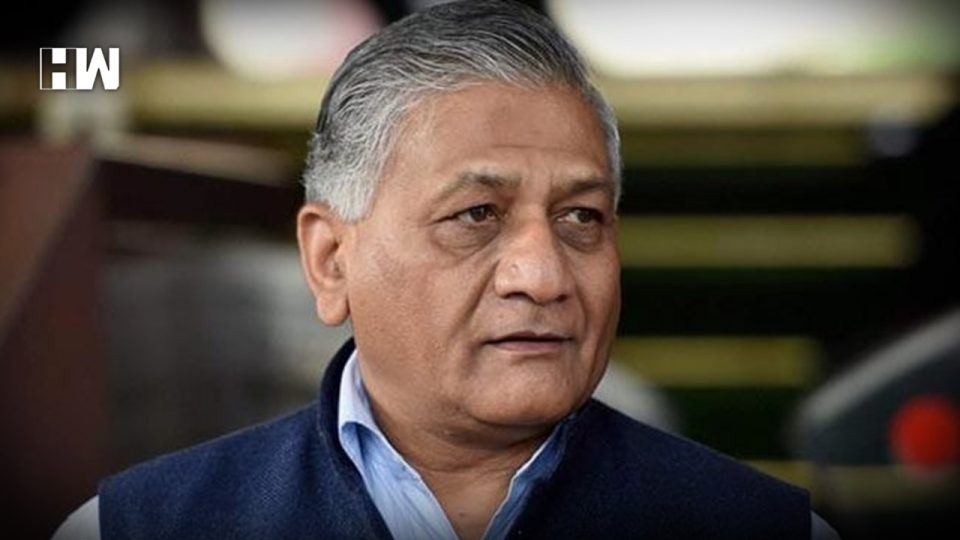New Delhi | India on Wednesday said its engagement with China has expanded in recent years and both countries are engaged in trying to find a mutually acceptable solution to issues having differences.
Indian Minister of State for External Affairs V K Singh told the lower house of Parliament, the Lok Sabha, that relations between India and China are a factor of stability and that the two countries must not allow their differences to become disputes.
In the last few months, the Asian giants have been making efforts to expand cooperation in a range of areas and boost overall ties which had come under severe strain in the wake of a 73-day-long standoff between militaries of the two countries in Doklam last year.
Prime Minister Narendra Modi and China’s President Xi Jinping had held an informal summit in the Chinese city of Wuhan in April during which they resolved to solidify the bilateral ties.
“In our multifaceted engagement with China, in areas where we have a commonality of views, engagement has expanded and upgraded in recent years,” Singh said in a written reply to a question. “Issues where there are differences are being handled through dialogue to seek a fair, reasonable and mutually acceptable solution based on mutual respect and sensitivity to each other’s interests, concerns and aspirations,” he said.
Singh said both sides have been working towards utilising their bilateral dialogue mechanisms to promote mutually beneficial cooperation in a wide range of areas. The two countries have been focusing on ramping up cooperation in a range of areas including in trade, investment and pharmaceuticals.
“Both sides agree that progress in bilateral relations should be guided by the consensus reached between their leaders that a time of global uncertainty, India-China relations are a factor of stability and that the two countries must not allow their differences to become disputes,” he said.
Both the countries are engaged in talks to resolved the vexed border dispute. India asserts that the border dispute covered about 4,000 km, while China claims that it confined to about 2,000 km to the area of Arunachal Pradesh, which it refers as Southern Tibet.
On ties with Bhutan, Singh said the cooperation includes a wide range of areas including border management and security, trade, education and generation of hydropower.
As an independent media platform, we do not take advertisements from governments and corporate houses. It is you, our readers, who have supported us on our journey to do honest and unbiased journalism. Please contribute, so that we can continue to do the same in future.


